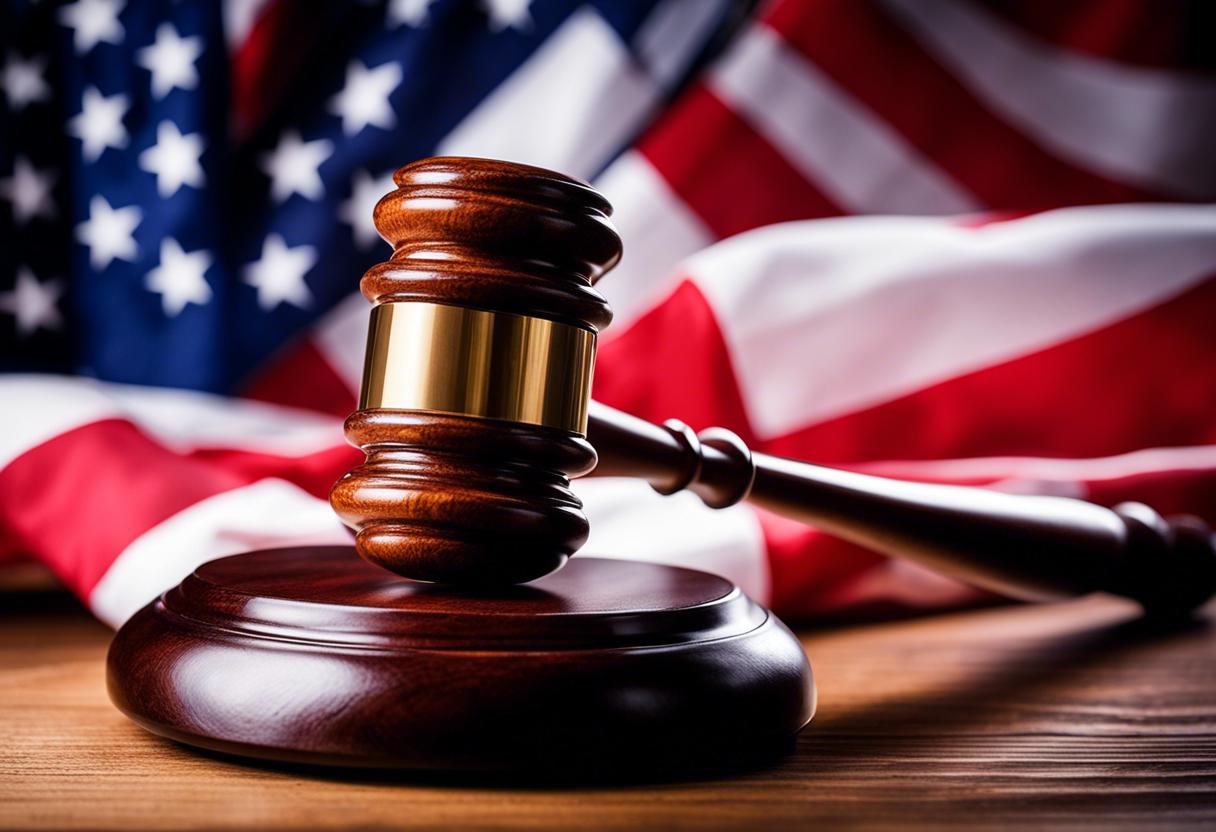Just as proceedings were set to resume for Donald Trump’s trial in New York last Thursday, an unexpected hush of shock filled the courtroom occupied by members of the public and the media. This reaction followed the overturning of the 2020 conviction of Harvey Weinstein by a New York appeals court. Weinstein, the ex-Hollywood mogul who had been sentenced to serve 23 years for rape and sexual assault, remains incarcerated owing to a separate rape conviction in Los Angeles. Both the immediate circumstance and final result of the New York decision left everyone including Weinstein’s legal representatives, and the numerous women, who had abandoned their anonymity to testify against him, taken aback.
Actress Ashley Judd, one of Weinstein’s earliest accusers, referred to this decision as “an act of institutional betrayal.” Amid breaks in the ongoing trial on the 15th floor of the Manhattan criminal court involving the former US president and elsewhere in the same building, Weinstein’s attorney, Arthur Aidala, hastily conducted a media briefing. Aidala, in his extensive discourse that made it to the network news, seemed thrilled as he welcomed the ruling, describing it as “an excellent day for America”. This enthusiasm struck many as odd considering the horrifying violent particulars from the trial that was widely publicised four years prior.
Aidala clarified that his excitement was due to the legal implications of the ruling. “It might sound overly dramatised, but it isn’t,” he defended his celebratory remarks, stating that such a ruling reaffirms faith in the justice system.
From the onset, Aidala and his legal crew staunchly believed that Weinstein was not granted a fair trial. He cited a comment from Judith Kaye, New York’s first female chief judge, indicating that the law should be fairly applied even to those viewed unfavourably in society.
Featuring the ongoing trial of a former president and the overturned (and potentially, retried) case of an infamous Hollywood figure, the day proved to be an extraordinary legal occurrence at the steps of the Manhattan courthouse.
Following a New York Times exposé seven years ago, detailing decades-long sexual misconduct accusations against Harvey Weinstein, a follow-up article from the New Yorker shed light on 13 women’s accounts of encounters with the film producer, ranging from harassment to allegations of rape. Soon after these allegations surfaced, Weinstein was sacked from his own company and ostracised by his industry, as the film world began grappling with the deep-seated culture of silently tolerating such behaviours. Most of the women who shared their stories had previously confided in industry insiders, only to be counseled not to say anything.
The possibility of enduring another public trial and facing Weinstein once more in court will undoubtedly be a distressing prospect for the women, whose brave decision to speak out catalysed the #MeToo movement. During the trial, Judge James Burke agreed to a prosecution appeal to let women, who were not directly linked to any charges against Weinstein, give evidence about their interactions with him. If Weinstein chose to give evidence, the prosecution could interrogate him regarding these broader allegations. This ruling by the judge departed from the age-old Molineux rule, restricting testimonies to plaintiffs directly concerned with the proceedings at hand. The appeals court highlighted that the potential for cross-examination over unproven allegations compromised Weinstein’s right to live test his own defence.
Now that Weinstein’s 2020 sex crime conviction has been overturned, his legal team is gearing up towards a refreshed trial, with a new judge and prosecutor at the helm. Weinstein’s legal representative, Arthur Aidala, predicted, “If there is a new trial in New York, Mr Weinstein will assert his innocence, leading to his subsequent exoneration.”
The reopening of another trial, causing these women to face Weinstein in court once more, will indeed be a traumatic experience and a fresh blow to the #MeToo campaign. Judge Madeline Singas, a dissenting voice in the 4-3 judicial appeal decision, expressed deep concern that the court was revealing a fundamental ignorance of male-perpetrated sexual violence. Singas remarked, “The majority seem either unaware or indifferent to the unsettling consequences of their resolution. Men who habitually abuse their power to exploit women – particularly the weakest sectors of our society – will benefit from today’s decision.”
The verdict from the appellate court instantly drew comparisons to the Trump trial currently underway, where the Molineux ruling similarly applies. Judge Juan Merchan has given authorisation to the jury to consider evidence of non-indictable action, as the prosecution attempts to depict a consistent scheme of organised manipulation designed to influence the 2016 election’s outcome. This was allegedly done through unlawful transactions to withhold damaging information that could have potentially harmed Trump’s political campaign.

